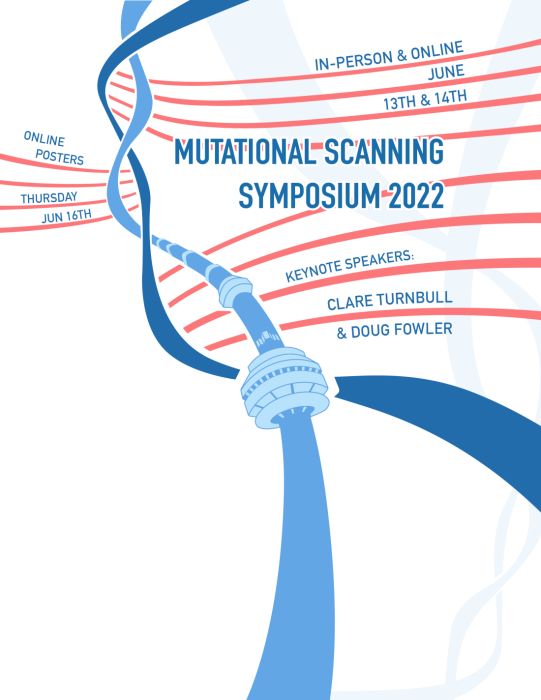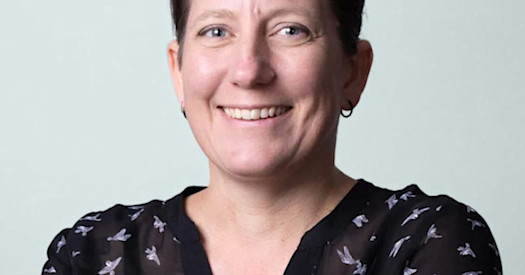
Interview with Dr. Frederick Roth, lead organizer of the 5th Annual Mutational Scanning Symposium, in-person and online, June 13 and 14 in Toronto
Q: Why is the MSS22 important and who should participate?
A: The increasing scale at which we can measure DNA variants has opened up applications across biology, enabling fundamental understanding of gene regulation, protein structure, infectious disease, and the evolution and enabling of more accurate clinical genetic diagnoses. Essentially, anyone interested in biology or precision medicine could “recharge their science batteries” by finding new ideas and collaborators at MSS22.
Q: You stated in the MSS22 press release: “The promise of personalized medicine requires that we know how to interpret the impact of billions of genetic variants that already exist in humanity.” Please elaborate. Tell us exactly how mutational scanning helps us better understand genome function and treating human disease?
A: It surprises many people to learn that nearly every possible “single-letter” DNA variant already exists in a human living today. Even if only 1 percent of the genome does something, that means that we should be curious about the impact of approximately 100 million variants on human health and disease. Mutational scanning technologies are really the only practical path forward to reveal these impacts.
Q: What are you most excited about for this 5th annual Mutational Scanning Symposium?
A: Seeing, hearing, and gaining new insights on great science directly from world renowned researchers, even before they publish it!
Q: How would you define success for this symposium?
A: Success would be every participant coming away excited by a new idea, a new collaborator, or new energy from a vibrant community that appreciates the importance of their work.


